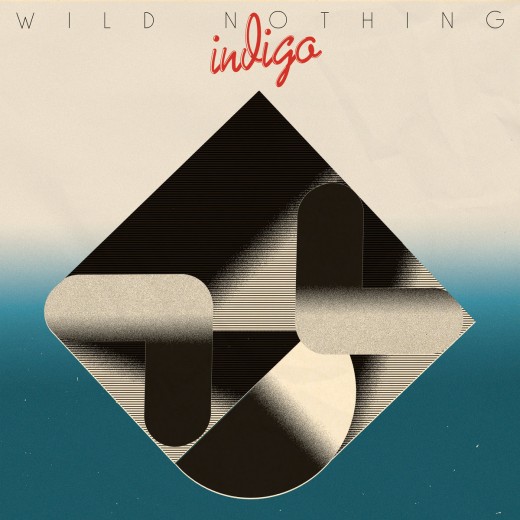It’s difficult to listen to a Wild Nothing record and not think of Gemini, Jack Tatum’s 2010 debut. Not simply for nostalgia-induced reasoning, though the record’s dreamy ambience may lead one in that direction. Rather, Tatum himself won’t let us forget Gemini. While there’s nothing wrong with self reference and a narrative of progression throughout an artist’s lifetime, Indigo and the previous two Wild Nothing releases – Nocturne and Life of Pause – are overshadowed by that charming debut and Tatum does himself no favours in trying, quite half heartedly, to move on.
When Gemini was released to the world, it was born into a new era of dream pop meets indie, amongst acts such as Beach House, Atlas Sound and M83. Tatum wrote and produced it in his Virginia Tech bedroom and the songs seems to emanate the young, sad and in love emotions a 2010 music loving indie type would produce. It was raw and, while not the most enriching lyrically, its unpolished charm was what made it special and endearing. Its lack of lyrical depth was more than compensated for by its sincerity.
Fast forward eight years and three albums later, Indigo shows a significant improvement in production, having the professionally polished sound and composure of an actual studio album. However, while Tatum’s songwriting has indeed morphed with time to be more conscious of lyricism, it fails to come close to the same honesty and heart of its predecessors.
Opener ‘Letting Go’ gives us typical Wild Nothing synth-laden dream pop, on the shinier side of the spectrum of Tatum’s repertoire. This leads into ‘Oscillation’, the album’s strongest track, which creates an end-of-summer vibe with jangly acoustic guitars and echoing backing vocals that culminate in a classic fade out. Where ‘80s nostalgia can be interesting and comforting in music, using a fade out as a way to end a song in 2018 isn’t retro and cool, it’s just a bit lazy.
Individually, the songs are decent and there’s no denying Tatum’s expansion of technical skill, even if at times it’s a little pop cliché. Take ‘Wheels of Misfortune’ for example which features lyrics like, “Everyone knows that, love is but the question” and “Let’s stay together, baby”. It’s easy to bulk up a song or album with snippets of nondescript lyrics like these, but if this is meant to be lyrical development then what hope is there?
‘Shallow Water’ is a slow and soft piece with simple but palpable bass complimented by the higher end of Tatum’s vocal range. It has that romantic and hazy trait that runs through all of Wild Nothing’s albums. When ‘Through Windows’ follows, it’s an instant upbeat indie pop riff on guitar with wailing synth and a hook on sax running polyphonically with Tatum’s vocals. It’s innocuous, but fun and perhaps one of Indigo’s most catchy tracks.
Indigo reflects the time that has passed since Tatum’s beginnings as Wild Nothing and his Virginia Tech days of Gemini. It’s the same pocket of indie dream pop, yes, but with a polished finish we didn’t get with the bedroom production in 2010. It’s lyrics are (sort of) more developed, but not necessarily to the benefit of the album as whatever authenticity we had with Gemini is lost among the now methodological approach to Tatum’s songwriting.
Is the narrative of comparing an artists’ work to their breakthrough album boring? Of course, but it’s also boring to listen to it pan out through the album itself. While Indigo is packed full of compositional skill and musicianship, it’s missing the soul Tatum gave us in his haphazard debut. For anyone new to Wild Nothing, give Gemini a whirl first and see where that takes you. Shannon MacNamee





